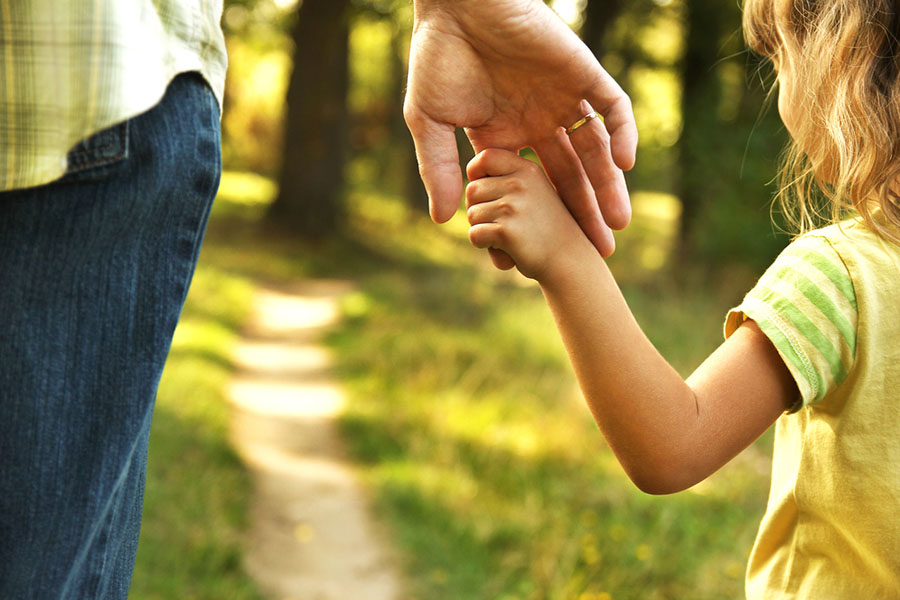What is Childhood Trauma?
Trauma can take place in many forms. Trauma that happens over time, often during childhood and often in the hands of a trusted relationship, has been called complex trauma, developmental trauma, or relational trauma. Childhood trauma can come in the form of physical or emotional abuse as well as physical or emotional neglect. Early trauma can adversely effect emotional and physical health and well-being (Nemeroff C. B; Messina N., Grella C; Dannlowski U.etal ). The ACE (Adverse Childhood Experiences) study documented how experiences of divorce, violence, addiction, mental illness etc. dramatically increased the risk for both mental and physical disorders. Screening for childhood trauma is critical to treatment as it can often be unreported or even unrecognized by clients seeking treatment. It is not enough to ask clients if they have experienced trauma. Often clients will deny having experienced traumatic events unless asked specific questions about early childhood experiences. Even then the impact of living in homes that were chaotic, unstable, abusive, or neglectful can be minimized or perceived as normal since this is the only experience that the client has ever had.
Trauma therapy
Clients who have experienced early trauma often come to therapy blaming themselves. I often hear clients excusing or minimizing what happened to them by saying things like: “I was a bad kid”or“I was a handful.” Children depend on their parents for their very survival so even physical abuse at the hands of a parent can be denied, minimized or even dissociated from the client’s experience. Dissociation often accompanies childhood sexual abuse as the experience is too terrifying to be held in normal memory. These children often blame themselves or feel guilty about these experiences. Neglect too is often misunderstood. Children need to be seen, attuned to, and delighted in for them to develop healthy sense of self and other. Infants need to be held, touched, talked to and played with to develop healthy attachment relationships. Neglect can be profound or subtle. But how can one know something that they have not experienced? Neglect can be blatant but just as often it can be the result of caregivers being mis-attuned to, unaware or unable to provide healthy attachment experiences. Single parents struggling to get by may be overworked and tired at the end of the day, parents who are distracted with financial or health burdens may be overwhelmed, or parents dealing with their own emotional or psychological issues may be unable to provide emotional stability when they are themselves in distress. This subtler type of neglect, when chronic, can also result in physiological, psychological and emotional difficulties throughout life.

Physical and Mental Health
Human development happens in relationship to our environment. Starting in utero, the state of the mother effects the state of the developing fetus. Her physical and mental health directly impact its’ growth. In early months, infants depend on the brain of the mother to regulate their immature nervous systems. The mother through right brain to right brain interactions receives the infant’s cues and will respond to its needs. When the mother is able to do this consistently the infant will form a secure attachment. When the infants needs go chronically unmet, an insecure attachment is formed. These attachment styles become the basis for future relationships. For an infant being left alone without the ability to self soothe, as when cries are not answered and cues go unnoticed, this alones can in and of itself be traumatic. The infants first line of defense is to protest or cry louder. In cases of chronic neglect, the infant will disassociate. This splitting off or numbing of the affect also splits off the infants’ intrinsic knowing of what they need. This pattern of numbing and distancing from self needs can become encoded as an unconscious survival strategy. After the first year parental roles change from regulating nervous systems to becoming agents of socialization.
Trauma for Children
Parents need to teach their children acceptable vs unacceptable behavior in order to keep them safe. Just as a toddler learns to delight in his newfound mobility, he must also be given limits to his exploration in order to keep him safe. This period can be trying for parents who have unresolved trauma or are anxious or depressed, suffering from addictions, going through divorce etc. Parents who are under these types of pressures or experiencing their own trauma may signal explicitly through language or implicitly through non-verbal communications their distress. For a child, disapproval from a parent can seem life-threatening and create trauma experience. Trauma involves perceiving a threat to one’s safety or the safety of others. Chronic disapproval without repair i.e. helping the child to know that they are still loved and valued, can be traumatic. Other sources of trauma for children include, living through a divorce, domestic violence, physical abuse, sexual abuse, parental substance abuse, parental mental illness, parental chronic physical health issues, poverty, complicated birth, preoccupied or too busy parents, losing a parent, etc. Children need a secure base in order to grow and thrive. When that secure base is compromised, survival strategies are adopted by the child in order to protect himself/herself and these strategies often become engrained in personality styles that cause suffering. Trauma informed therapy deals with childhood developmental trauma and attachment styles as well as addressing current symptoms. The extent and duration of therapy is unique for each person. Call us to begin your journey. For more information on what is childhood trauma or to contact us please call (818) 651-0725.
Childhood Trauma
Dr. Lynne Friedman-Gell and Dr. Joanne Barron

